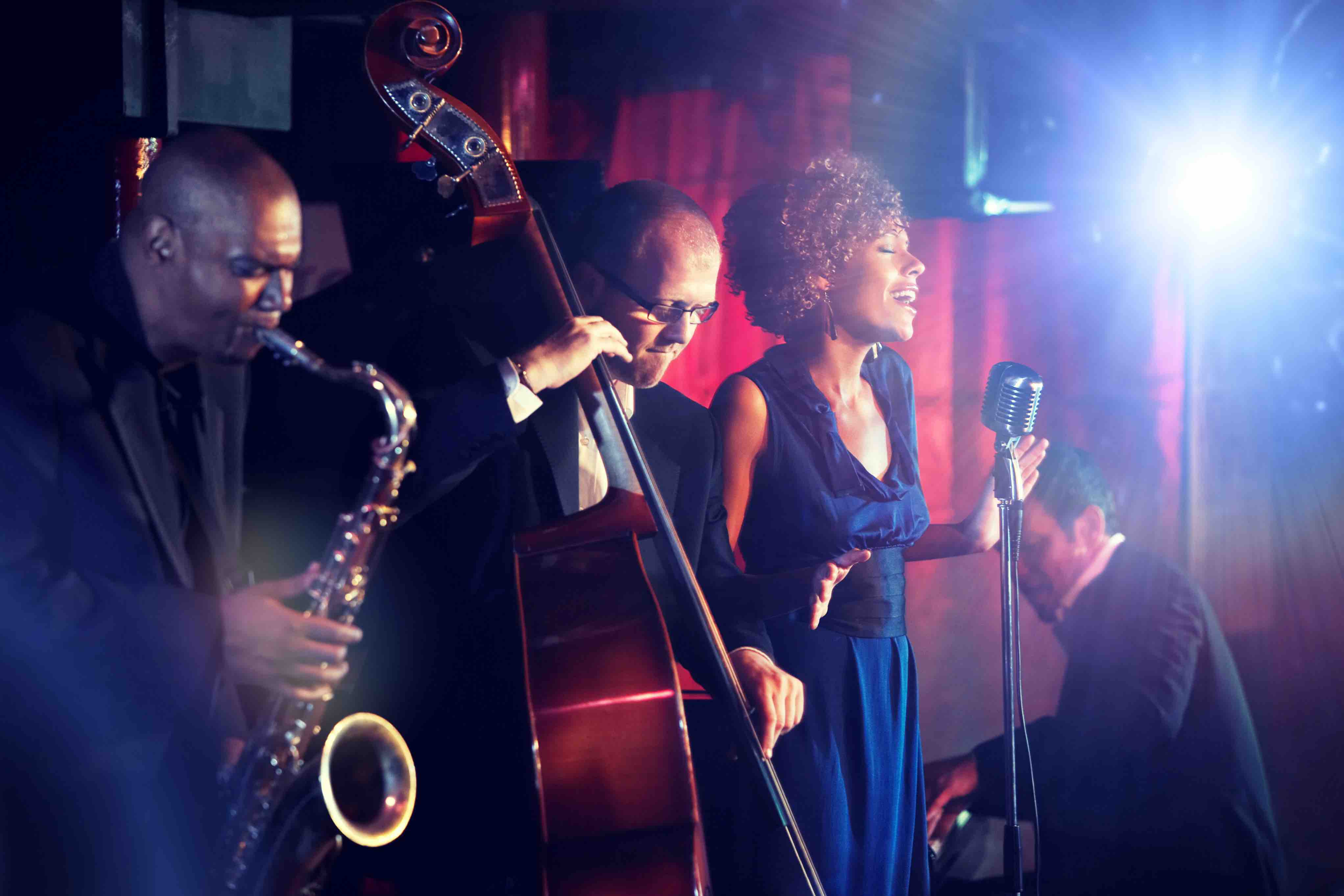
Jazz, with its rich history and improvisational nature, has captivated music lovers for decades. It’s a genre that exudes passion, creativity, and freedom of expression. In this article, we’ll dive into 11 fun facts about jazz that will enhance your understanding and appreciation for this unique musical style.
Birthplace of Jazz
Jazz originated in the early 20th century in the African American communities of New Orleans, Louisiana. Its roots can be traced back to a fusion of African, European, and Caribbean musical traditions.
Louis Armstrong’s Influence
Louis Armstrong, often referred to as the “Father of Jazz,” revolutionized the genre with his innovative trumpet playing and distinctive vocal style. His contributions helped shape the development of jazz as we know it today.
The Great Migration

In the early 1900s, the Great Migration led many African Americans to move from the South to cities like Chicago and New York. This mass migration played a crucial role in spreading jazz across the country and contributing to its cultural significance.
Improvisation
One of the defining characteristics of jazz is improvisation. Musicians improvise melodies, harmonies, and solos, creating unique and spontaneous performances that reflect their individuality and skill.
Swing Era
The swing era, spanning from the 1930s to the 1940s, marked a significant period in jazz history. Big bands, led by influential musicians like Duke Ellington and Count Basie, popularized the energetic and danceable style known as swing.
Jazz Fusion
Jazz fusion emerged in the late 1960s, blending jazz with elements of rock, funk, and other genres. Artists like Miles Davis and Herbie Hancock pushed the boundaries of jazz, incorporating electronic instruments and experimenting with new sounds.
International Influence
Jazz has had a profound impact on music worldwide. It has influenced genres such as Latin jazz, Afro-Cuban jazz, and even genres outside the realm of traditional jazz, like hip-hop and electronic music.
Influential Jazz Standards
Jazz standards are compositions that have become widely recognized and frequently performed by jazz musicians. Songs like “Summertime,” “Take the ‘A’ Train,” and “All Blues” are just a few examples of enduring jazz standards.
Women in Jazz

While jazz has often been male-dominated, numerous talented women have made significant contributions to the genre. Artists such as Ella Fitzgerald, Billie Holiday, and Mary Lou Williams broke barriers and showcased their immense talent.
Jazz Festivals
Jazz festivals around the world celebrate the genre’s vibrant spirit and bring together renowned musicians and enthusiastic audiences. Festivals like the Montreux Jazz Festival in Switzerland and the Newport Jazz Festival in the United States attract jazz enthusiasts from all walks of life.
Jazz as an Art Form
Jazz is recognized as a unique form of artistic expression and has been acknowledged by UNESCO as an intangible cultural heritage of humanity, highlighting its cultural, social, and historical significance.
Final Word
Jazz continues to evolve and inspire generations of musicians and listeners alike. Its ability to convey emotions, capture the essence of the human experience, and foster creativity makes it a timeless and cherished art form. So, take a moment to immerse yourself in the world of jazz and let the captivating rhythms and melodies transport you to a place of musical wonder.
Frequently Asked Questions (FAQs)
Can anyone learn to play jazz?
Yes, anyone with dedication, practice, and a passion for music can learn to play jazz. It’s a genre that welcomes individuality and encourages musicians to explore their own musical voice.
Is jazz only for older generations?
No, jazz appeals to listeners of all ages. While it has a rich history, the genre continues to evolve, attracting new audiences through contemporary jazz styles and fusion with other genres.
Who are some influential contemporary jazz artists?
Contemporary jazz has a diverse range of artists pushing the boundaries of the genre. Some notable names include Esperanza Spalding, Kamasi Washington, Robert Glasper, and Snarky Puppy.
What are some essential jazz albums to listen to?
For beginners, exploring albums like Miles Davis’ “Kind of Blue,” John Coltrane’s “A Love Supreme,” and Ella Fitzgerald’s “Ella Fitzgerald Sings the Cole Porter Songbook” is a great starting point.
How has jazz influenced other genres of music?
Jazz has influenced a wide range of genres, including blues, rock and roll, R&B, soul, funk, and even pop. Elements of improvisation, swing rhythms, and harmonic complexity can be found in many contemporary music styles.
Was this page helpful?
Our commitment to delivering trustworthy and engaging content is at the heart of what we do. Each fact on our site is contributed by real users like you, bringing a wealth of diverse insights and information. To ensure the highest standards of accuracy and reliability, our dedicated editors meticulously review each submission. This process guarantees that the facts we share are not only fascinating but also credible. Trust in our commitment to quality and authenticity as you explore and learn with us.
